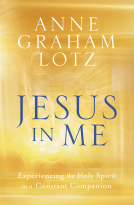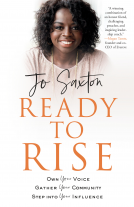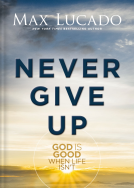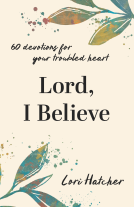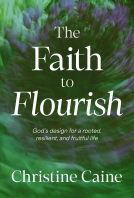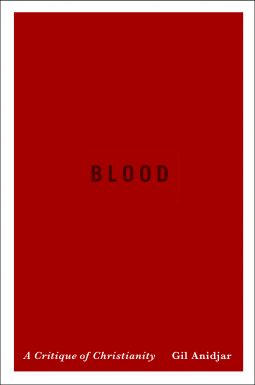
Blood
A Critique of Christianity
by Gil Anidjar
This title was previously available on NetGalley and is now archived.
Send NetGalley books directly to your Kindle or Kindle app
1
To read on a Kindle or Kindle app, please add kindle@netgalley.com as an approved email address to receive files in your Amazon account. Click here for step-by-step instructions.
2
Also find your Kindle email address within your Amazon account, and enter it here.
Pub Date May 06 2014 | Archive Date Jul 15 2014
Description
Blood, in Gil Anidjar's argument, maps the singular history of Christianity. A category for historical analysis, blood can be seen through its literal and metaphorical uses as determining, sometimes even defining, Western culture, politics, and social practices and their wide-ranging incarnations in nationalism, capitalism, and law.
Engaging with a variety of sources, Anidjar explores the presence and the absence, the making and unmaking of blood in philosophy and medicine, law and literature, and economic and political thought, from ancient Greece to medieval Spain, from the Bible to Shakespeare and Melville. The prevalence of blood in the social, juridical, and political organization of the modern West signals that we do not live in a secular age into which religion could return. Flowing across multiple boundaries, infusing them with violent precepts that we must address, blood undoes the presumed oppositions between religion and politics, economy and theology, and kinship and race. It demonstrates that what we think of as modern is in fact imbued with Christianity. Christianity, Blood fiercely argues, must be reconsidered beyond the boundaries of religion alone.
A Note From the Publisher
A critical investigation into the role and presence of blood in Christianity and a call to recognize its effects on the history and culture of the modern West.
Advance Praise
"This book is bound to become a standard against which future scholarship on the cultural history of Christianity and several related fields will be evaluated. It achieves the feat of offering an exhaustive genealogy of the significance of “blood” in Western civilization, thereby pulling blood into an urgently needed visibility."—Elisabeth Weber, University of California, Santa Barbara
"This is an original reading of the place of blood in Christian theology and religion, and its far-reaching impact on the history and cultural practices of the West. It is distinguished by the singular voice of its author, who is at once fiercely critical, ironic, contemptuous, erudite, and enlightening as he engages thinkers both living and dead on the relationship between blood and its many metaphoric and literal representations. This is not a conventional book in any way, it is a manifesto, a call, if not to arms, then to recognition of the fact that western thought, its social and political organization, is infused with Christianity, even if those influenced by it are not practicing Christians in any religious sense."—Joan W. Scott, Harold F. Linder Professor, Institute for Advanced Study
"As in all his writings, Gil Anidjar always surprises us by seeing connections where others have missed them. In this challenging book, he brilliantly excavates the meanings of blood in Christianity as well as how those meanings persist in our world in barely secularized form."—David Biale, Author of Blood and Belief: The Circulation of a Symbol Between Jews and Christians
"Blood is first of all language, style, thought in writing. Blood is relentlessly compelling, a joyful destruction of trivialities, a delight of erudition. Blood is moved by epistemic urgency and internal critique, it answers the need for historical perspective, guided by the desire to understand what we are politically made of. Blood looks at the way blood speaks and is spoken, how it governs and rules over us, how it shapes the Christian nation, the state and the economy. Our obsession with blood is not a thing of the past, it is our absolute present time. Blood is not a metaphor, it is an organizing principle. Blood is not what Harvey discovered, something that would always have been known to us. It is what the Eucharist partakes of and brings up: the community of blood, blood piety - soon the purity of blood. And from these are derived our theory and politics, kinship and race, science and religion, literature and dreams, technology and bodies. Blood is an exceptionally powerful and fascinating object to be read, kept on a shelf - and meditated."—Dominique Pestre, Ecole des Hautes Etudes en Sciences Sociales
"In this highly original book Gil Anidjar deconstructs “Christianity” into its element: blood. In doing so he demonstrates, with impressive skill, the ubiquity of blood – and its metamorphoses – in Christian history. In this exploration of the circulation of blood as the life of nation, state, and capital, the reader is presented with an extraordinary account of modernity no less. Scholars of modernity will learn to see “Christianity” as something at once more and less than “religion” – even though it is, as Anidjar argues, the (misleading) prototype of all “religions.” This is a work to be read carefully and its implications pondered over."—Talal Asad, CUNY Graduate Center
Available Editions
| EDITION | Hardcover |
| ISBN | 9780231167208 |
| PRICE | $40.00 (USD) |


